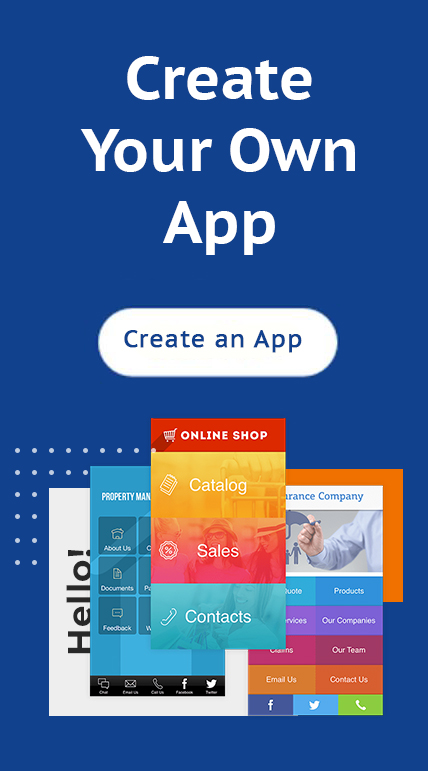As kids, we learn our fair share of social norms. From not picking your nose to not pointing at strangers in public, some rules have been used to show us that it’s not appropriate to act a certain way, whether in public or while hanging out at home by yourself.
However, that world has been flipped upside down with the rise of social media, seeing as how anyone can create a Facebook. Instagram or Twitter account and interact with strangers at any time.
This slight, or sometimes complete, anonymity brings about much concern for how we represent ourselves online, especially when you’re managing a social media page for your business.
This is more of a focus on those who create personal blogging apps, portfolios and freelance business apps, since it’s a little easier to get caught up in silly social media posts when the Facebook or Instagram account is pretty much your personal account as well.
That said, I’ve also seen some small businesses that push content that’s far too personal, and it generally comes from the sole social media manager.
So, what are some of the types of social media characters that will get people to quickly unfollow you?
The Political Genius
We get it, you can’t stand this one candidate. Maybe you’re a right-wing radical or a moderate who can’t get behind any candidate. It’s possible you can’t imagine voting for someone who calls himself republican, and you’re hell bent on convincing other people to see it your way.
Stop right there. Not only is slipping in political comments on a personal page the most annoying thing you can do on social media, but it’s incredibly unprofessional in the business world. If it’s absolutely essential your brilliant political views be seen by other people online, start a blog, and keep it off your social media accounts.
The Professional Food Photographer
Although taking pictures of food was once far more taboo on places like Instagram, it’s still rather common to see. The main problem with updating mobile app social followers with your personal meals is that everyone in the world has made or ordered a wonderful meal in the past. In fact, one might assume that this happens on a regular basis for many folks. In short, your meal isn’t spectacular enough to be shared, unless of course you run a restaurant.
The Self-proclaimed Hashtag Master
Not only are hashtags only useful on places like Instagram and Twitter, but hashtag overload looks desperate. The whole point of a hashtag is to get more exposure from those users who may be searching for the hashtags. Littering your posts with ten or twenty hashtags not only makes your posts look cluttered, but it seems unnatural and salesy.
Liker of Own Stuff
Don’t like your own content. And if you’re going to, don’t be the first one to do it. It’s not going to get the ball rolling with other people liking your Facebook post, but it does seem like you’re giving yourself a pat on the back.
Selfie Monster
I follow a fairly popular author who only seems to share selfies on his Facebook page. In the past he would focus on blog posts and industry news, but for some reason he seems to be wanting to show off that he’s getting in shape and traveling the world. It’s confusing for a follower because I began following him to see updates on books and maybe some funny one-liners. A business social page should be personalized, but not that much.
The Too Much Information Guy
Posting about your trip to jail, how much you’re in love with your significant other or how you can’t stand someone at work is only going to come off as petty or strange. Some conversations are best kept on the down low or for your cat when you get home.
Mr. Game Invite
Do you want to play Candy Crush? No. No I don’t.
Mrs. Secret
The ambiguous Facebook status is one we’re all too familiar with. “Can’t believe this just happened to me,” is not only a plea for attention, but it’s not going to make you look good in front of personal friends or people who follow your business.
Trolls and Downright Mean People
This one’s not that hard to recognize, but it’s one of the more common ones we see on business social pages. It’s surprisingly easy to get in fights with customers or blame them for a problem they’re having. The same goes for a user who bashes you or your company on social media. Instead of engaging them with defensive, or mean, commentary, use the opportunity to apologize for whatever happened, and ask them how you can make it right. This tactic always wins. If the person is unmoved, you’ll at least show future users that you’re a reasonable person.
Over to You
Have you encountered situations where you fall into one of these categories? If so, bookmark this page to ensure it doesn’t happen in the future. The future of your mobile app depends on it.
